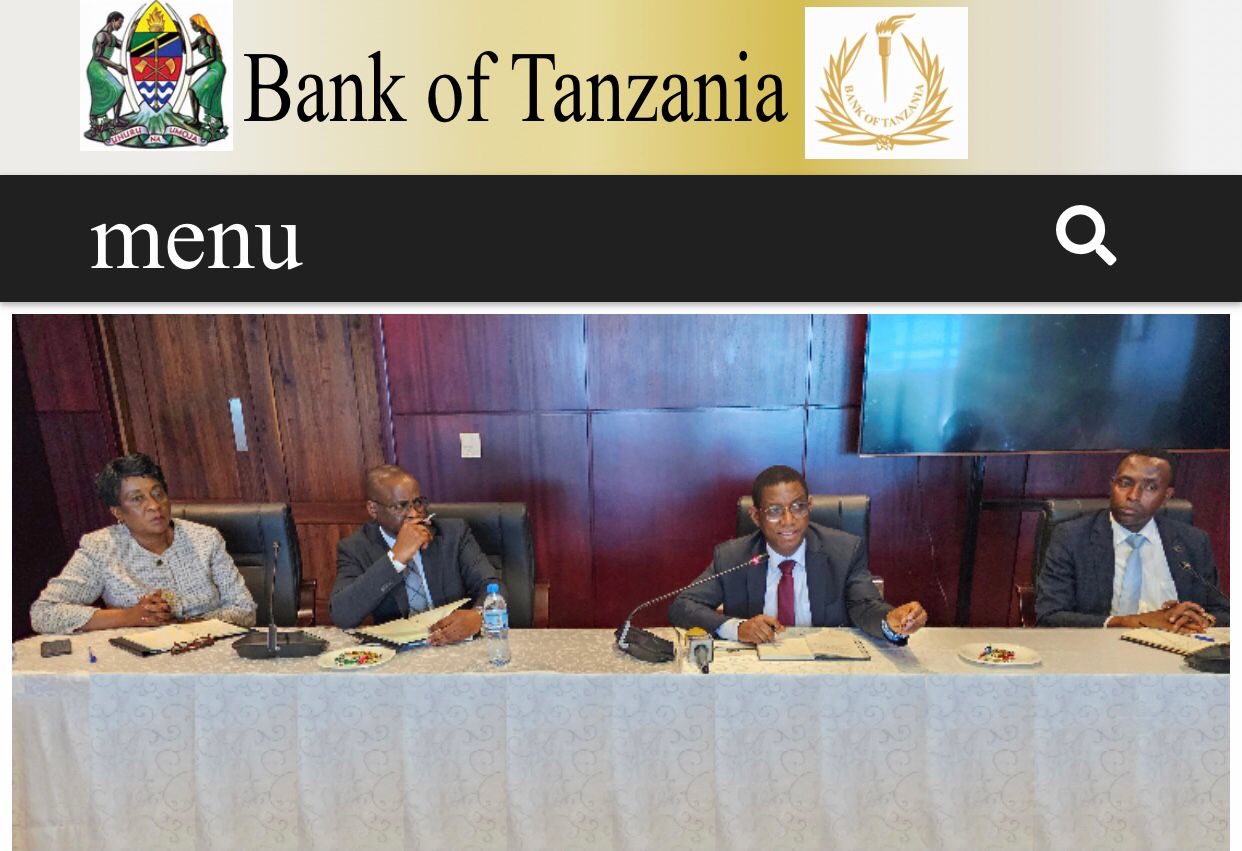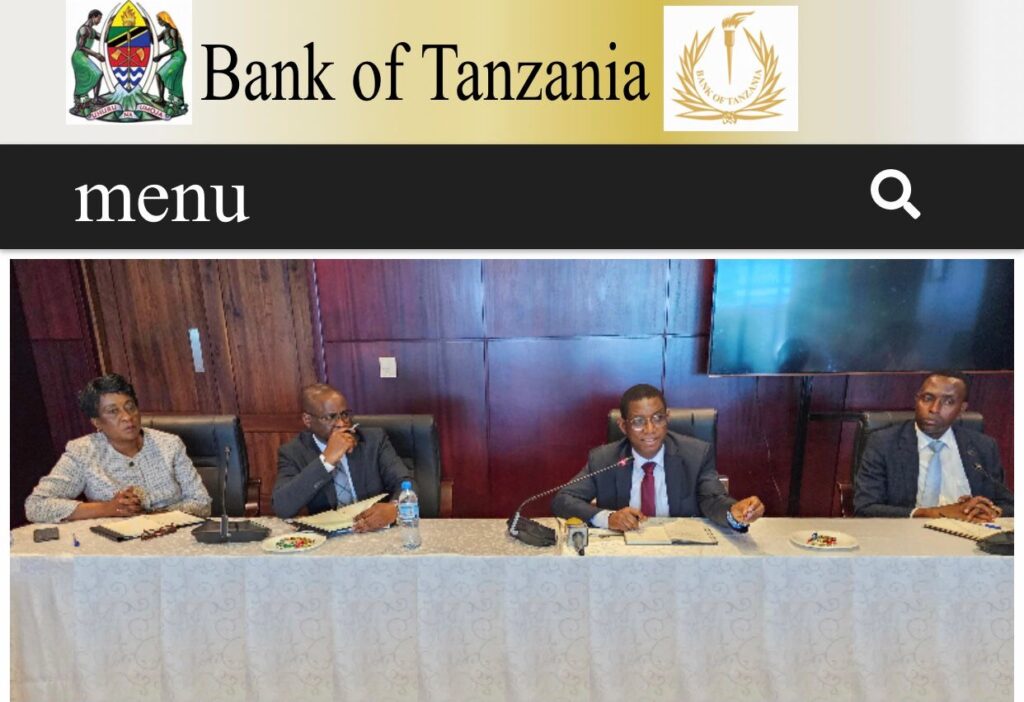Physical Address
60 Ekwema Cres, Layout 460281, Imo
Physical Address
60 Ekwema Cres, Layout 460281, Imo

Digital fraud by commercial banks increased by a substantial amount of 84% in the last three months of 2023. The Bank of Tanzania (BOT) revealed this shocking information in a circular passed to commercial banks on March 5.

The digital fraud report was compared to the report from July to September. According to East African news, the central bank claimed that more than Tsh1.65 billion ($647,000) was drained out through mobile and internet banking fraud, including cyber-attacks, during the fourth quarter of the year, a sharp increase from Tsh901.8 million ($353,600) in Q3.
The figure was below Tsh1.66 billion ($650,980) recorded in the first quarter of the year but highlighted a steady rise in online fraud over the next three quarters after dropping to Tsh674.06 million ($264,340) in Q2.
Also read: Cyber Fraud Rise: PalmPay Upgrades in-app Security Features
Theft from automated teller machine card skimming also went up a whopping 60 percent to Tsh159.87 million ($62,700) in Q4, compared with Tsh99.64 million ($39,100) in Q3, although nowhere near Tsh424.16 million ($166,340) in Q2.
But Q4 registered the lowest value of theft through forged cheques and the Tanzania Interbank Settlement System for the year at Tsh11.3 million ($4,430) against Tsh34 million ($13,330), Tsh954.59 million ($374,350), and Tsh20.9 million ($8,200) for Q1, Q2 and Q3 respectively.
The central bank’s Directorate of Financial Sector Supervision made a comprehensive breakdown of the theft that went on in commercial banks so as to make commercial banks vigilant to secure the databases of their customers and to investigate any digital fraud that might be going on.
“We expect them to use this feedback to improve their internal controls to minimize future losses due to fraud,” the director said.
Read also: 8 Illegal Digital Loan Companies in Nigeria You Should Avoid 2025
Read also: Artificial Intelligence Set to Boost Africa’s Economy by $30 Billion